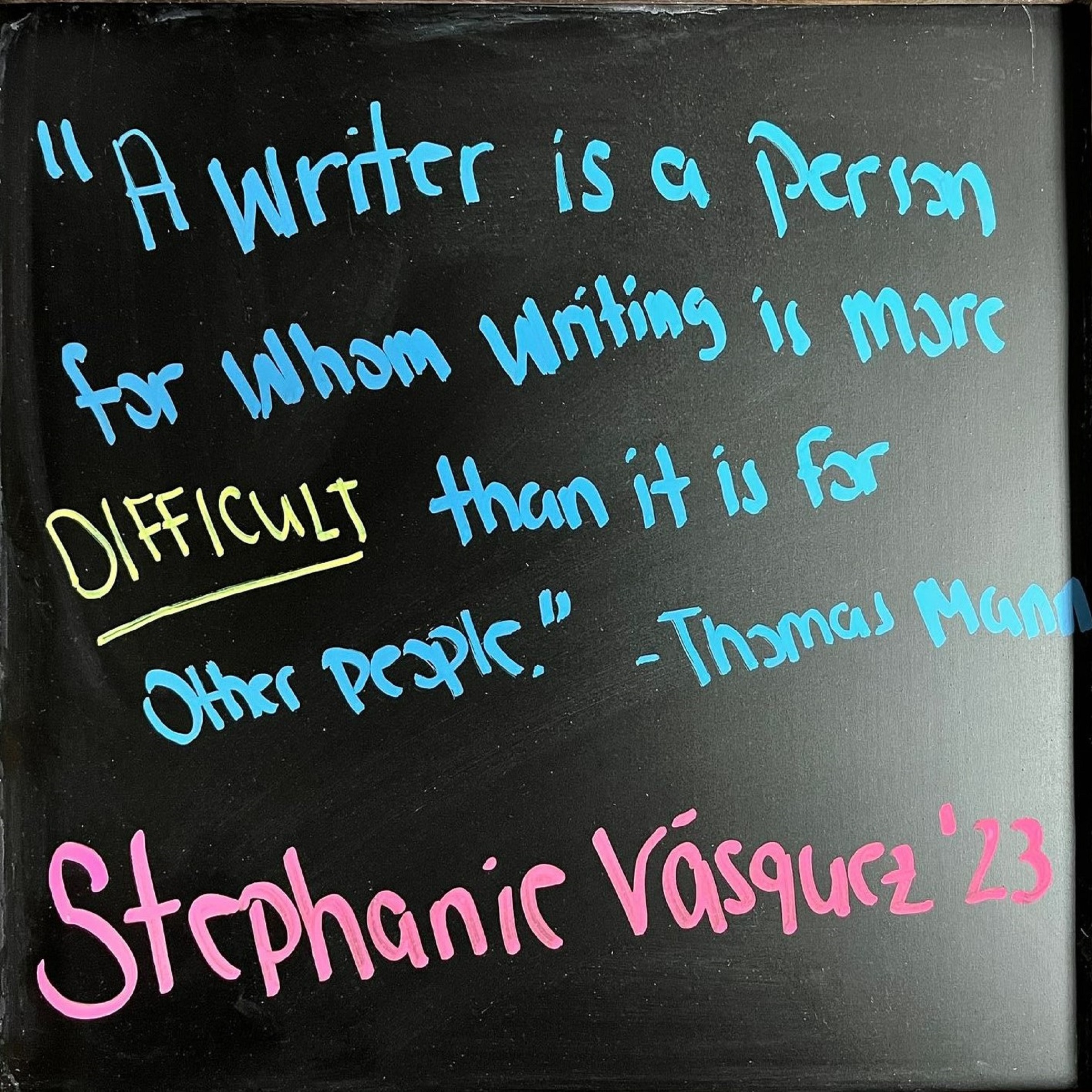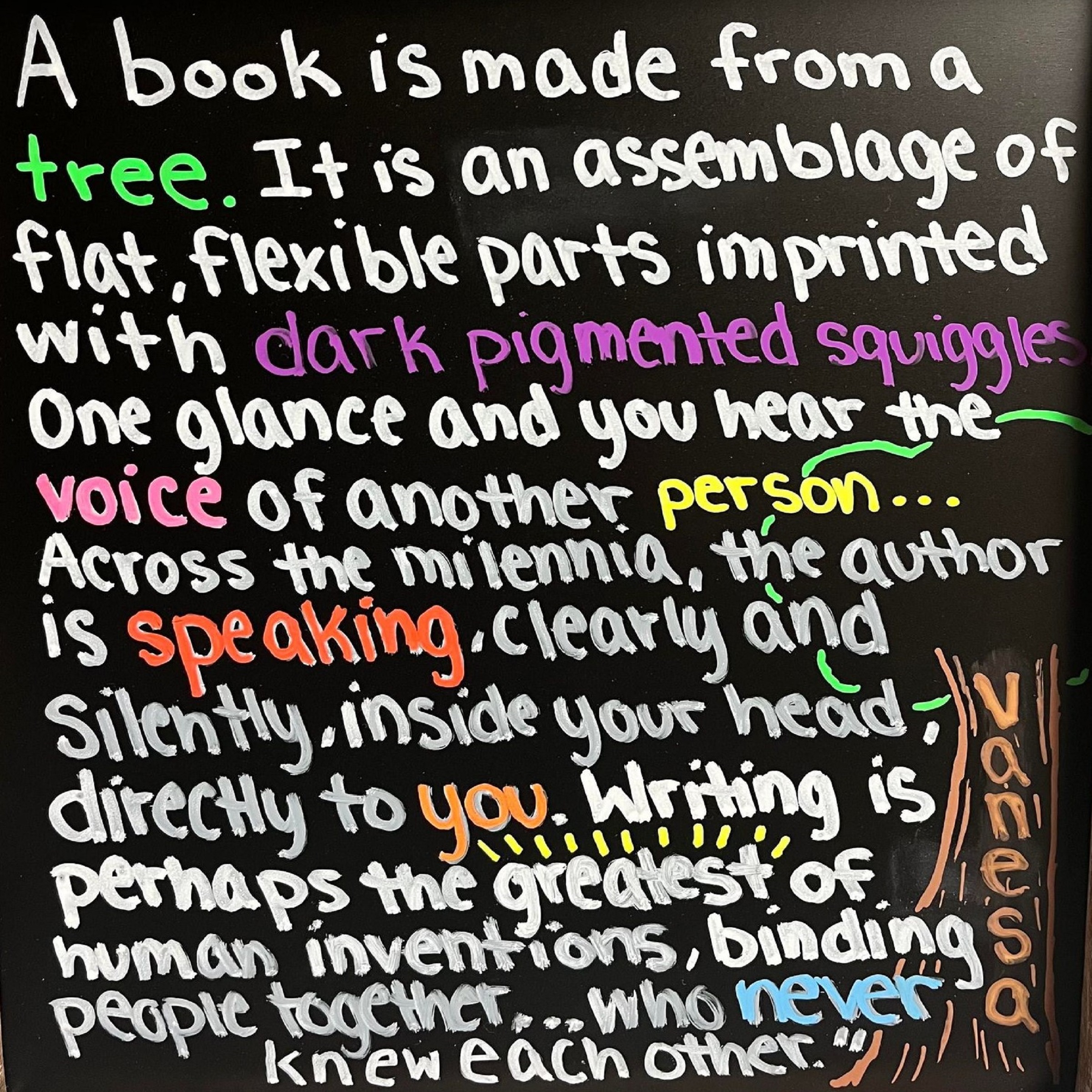Are you looking for some resources to help you improve your English Grammar? Perhaps you’ve seen the phrase “comma splice” or “dangling modifier” on previous papers, but you weren’t entirely sure what it meant. If so, these two resources are for you!
Grammar Bytes is a great resource to learn grammatical concepts. It provides self-guided, interactive instruction as well as handouts, exercises, and voice-over PowerPoint presentations. It’s like a free online course in grammar, but the only difficulty is that the website format is not very user friendly or ascetically pleasing. However, once you start clicking around and searching for topics you’re interested in, I think you’ll understand why we love the “Grammar Instruction with Attitude” so much that we can ignore the cheesy shark theme.
Hypergrammar is supposed to be a free online grammar course once it is fully constructed. It is still in the process of being developed, but this is a fast guide to all the grammatical concepts in the English language. If you want to improve your grammar quickly, but you don’t know where to start, this is a great resource. However, there are some drawbacks. There’s no practice questions, and it typically only gives one example per concept, so it’s brief, but not as extensive. Hopefully, it’ll continue to improve as it’s developed.












